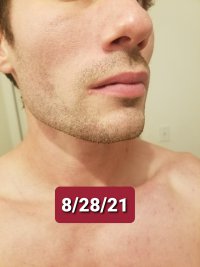Twohandsondeck
Member
- Joined
- Apr 22, 2019
- Messages
- 809
Ok, yeah. I see what you're saying now.I was just pointing out that removing sugar from one's coffee isn't an anti-Peat sentiment. It's like saying when I stop eating the carrot salad, it's an anti-Peat sentiment










